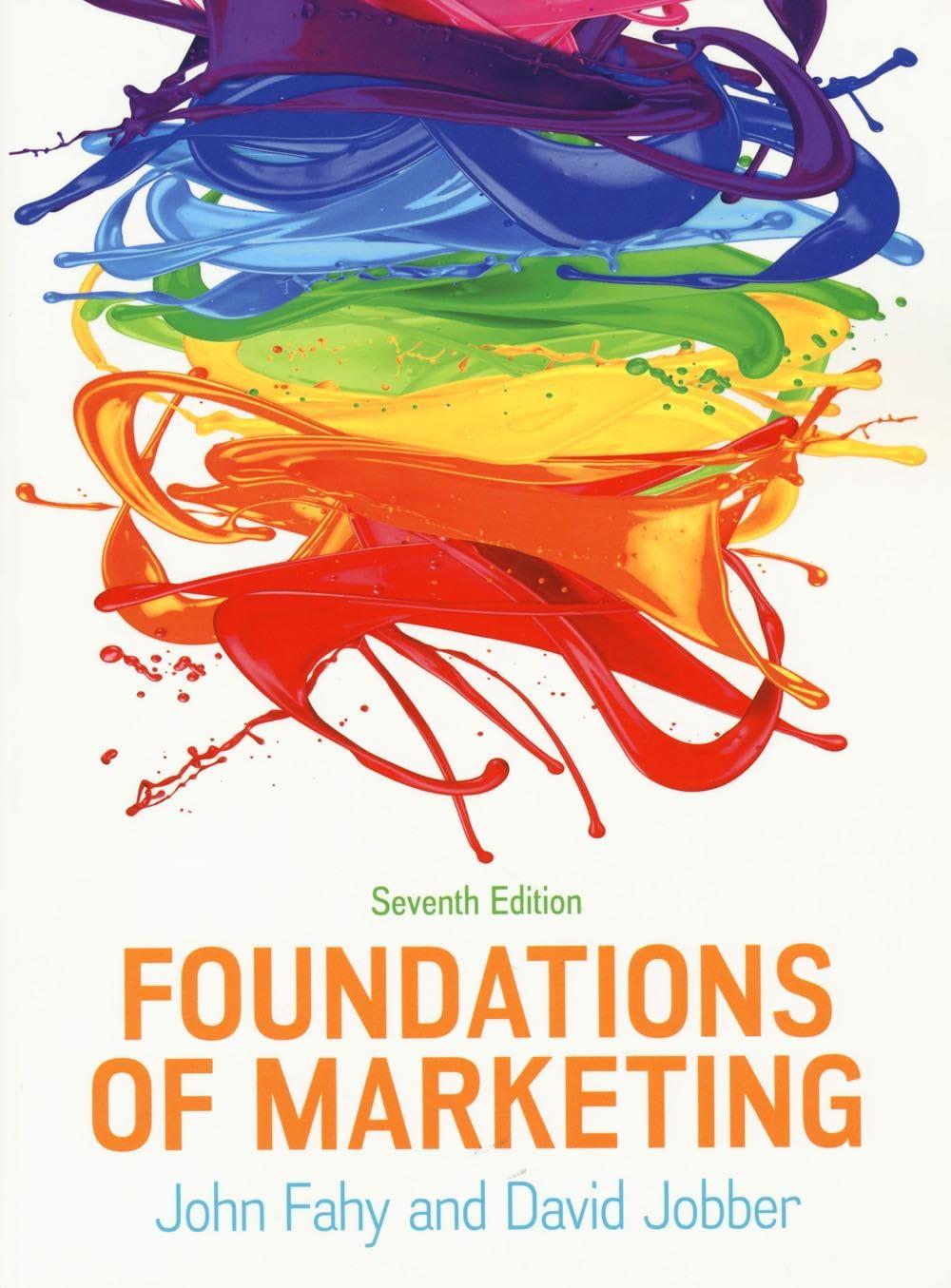Unilever was founded in 1929, by the merger of the Dutch margarine producer Margarine Unie and the
Question:
Unilever was founded in 1929, by the merger of the Dutch margarine producer Margarine Unie and the British soap maker Lever Brothers. The company has grown significantly since then, expanding its offering into the nutrition, hygiene and personal care segments. Today, Unilever is the second-largest consumer goods firm in the world, with its company headquarters in London, England. Unilever offers more than 400 brands, including global icons such as Axe, Dove, Hellmann’s, Knorr, Lipton, Magnum, Degree, Dollar Shave Club, and Ben & Jerry’s, in 190 countries around the world. Every day, 2.5 billion people use Unilever products. Unilever’s corporate vision is to help people to look good, feel good and get more out of life.
Despite volatility and unpredictability in the marketplace due to the COVID-19 pandemic, 1 Unilever emerged from 2020 mostly unscathed. It reported that sales increased by 5.7 per cent in the first quarter of 2021, compared with 2020, while e-commerce sales rose 76 per cent year on year over the period. Unilever has continually succeeded in engaging its audiences on digital platforms. A key driver of the company’s success is its dedicated early technology pushes, which have focused on building a strong bond with its consumers. In addition, the company is dedicated to creating and distributing valuable, relevant and consistent content to its target audiences. Its social media acts as a collaborative and adaptive platform for dialogue between the organization and its customers. This case will examine some of the most innovative digital media campaigns that have been deployed by Unilever in recent years.
In 2016, after discovering that its haircare customers look for haircare information 11 billion times per year, Unilever’s ‘All Things Hair’ quickly became the world’s leading branded YouTube channel for haircare.
Unilever’s haircare brands, including Dove, TRESemmé and Suave, collaborated with beauty bloggers from across the UK and Ireland to create relevant, authentic content around consumer needs. By combining their resources and budgets, and unifying their teams, Unilever established a single social channel with reactive, topical and on-target content all around haircare. The YouTube channel provided a wide spectrum of content, from answering simple questions like ‘How often should I condition my hair?’ to more emotional topics such as ‘What should you do when your hair falls out from cancer treatment?’ This campaign achieved more than 64 million views of content across five international markets and helped generate improved sales for the Unilever haircare category. Due to its success, this content publishing platform was rolled out across most major markets, including the USA, the Philippines and Brazil. In 2021, Unilever introduced the All Things Hair chatbot, a virtual hair companion offering personalized hairstyling recommendations, advice, and the latest news and trends via Facebook Messenger and the All Things Hair website. Unilever also integrated its U-Coin consumer loyalty and rewards scheme into the chatbot to improve conversational experiences and one-to-one connections between Unilever brands and their customers across the world.
Questions
1. Discuss the benefits of Unilever using digital communications.
2. Critique how the company has adapted its social media campaigns to different consumer markets. In your answer, discuss the importance of adapting digital content to different target audiences.
3. Unilever revised its programmatic advertising strategy to better control where its content is displayed.
Discuss the pros and cons of programmatic advertising.
4. Assess the factors that are driving the growth of ethics and social responsibility in online communications.
Step by Step Answer:






